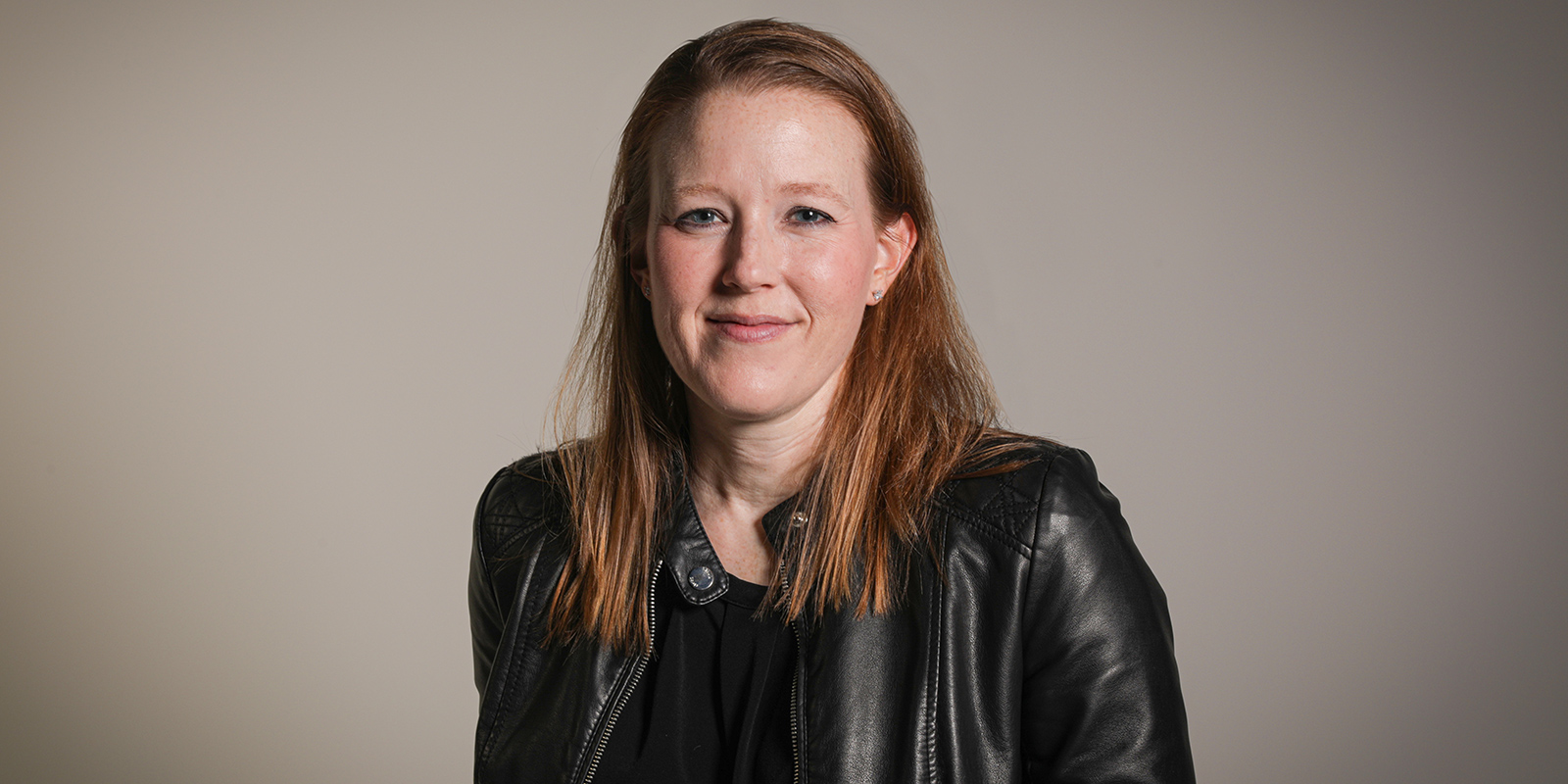Meet Baylor’s internationally recognized expert on data sciences and water treatment

As Baylor ups its research efforts and works toward R1/Tier 1 research status, one area the university has chosen to focus on is data sciences — ways we can recognize and properly use the massive amounts of data being collected today to address key societal challenges.
Baylor professor (and alumna) Amanda Hering, BS ’99, shines as a leader in the world of data sciences — and as an example of the ways the data sciences can be used in areas that don’t typically come to mind when thinking about big data.
Dr. Hering, an associate professor of statistical science at Baylor since 2016, is part of a national alliance that last fall won a $100 million grant from the Department of Energy to transform the U.S. water system.
Before returning to Baylor, Hering began National Sciences Foundation-funded research on water treatment in Colorado, studying decentralized wastewater treatment plants that require massive amounts of data analysis to diagnose faults in the system in order to avoid costly shutdowns. Hering developed methodologies to catch issues in, for example, the pH of the water, identifying potential problems before they grow. Decentralized wastewater treatment plants may provide options that lead to clean water in farther-flung places, such as rural areas, and Hering’s research helps ensure they can deliver clean water efficiently.
Last year, Hering’s work was elevated further through grants, awards and honors. For students interested in jumping into the world of big data — which impacts practically every industry — Hering is working to help them see the big picture early in their college journey. Last fall, she was awarded a $1.2 million NSF grant that has led to the development of a core data sciences curriculum at Baylor. Often, students aren’t introduced to statistics until their junior year; the grant led to the formation of an Introduction to Data Science class at Baylor, which could be a prototype for other institutions as well.
Hering also received the Abdel El-Shaarawi Early Investigator’s Award last fall from The International Environmetrics Society, which fosters statistical methods in the environmental sciences. Shortly, thereafter, the Department of Energy awarded the $100 million grant mentioned above to the National Alliance for Water Innovation, an alliance that brings together DOE labs, industries, and 18 leading universities (including Baylor), to develop technologies for treating seawater, brackish water and more to create a more circular water economy.
“Over 75% of the world experiences water scarcity at least one month out of the year,” Hering says. “I don’t think you can get a more meaningful societal question than, ‘What are we going to drink today?’”
Sic ’em, Dr. Hering!

